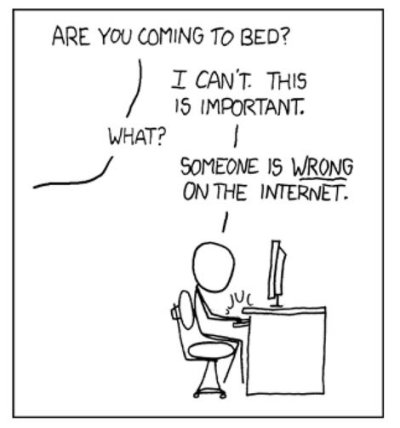martyp
Thinks s/he gets paid by the post
I know there have been a lot of discussion threads on wealth inequality. Here is another one. I saw this article in today's New York Times. The contributors statements are fairly short but I like that they have links to their reference sources.
Rising Wealth Inequality: Should We Care? - Room for Debate - NYTimes.com
A couple of the points I think are good:
* Americans think they are doing well because they have a lot of stuff. They seem to be unconcerned about the debt incurred to get the stuff.
* People are more concerned about comparing themselves to people they interactive with daily rather than the wealthy whom they never see or talk to.
* Americans believe that government's function is to provide more opportunity rather than redistribute wealth.
* Facts don't seem to move public opinion.
(Darn NYT's . . . should I pay for the access when they start charging ? ? ? )
Rising Wealth Inequality: Should We Care? - Room for Debate - NYTimes.com
A couple of the points I think are good:
* Americans think they are doing well because they have a lot of stuff. They seem to be unconcerned about the debt incurred to get the stuff.
* People are more concerned about comparing themselves to people they interactive with daily rather than the wealthy whom they never see or talk to.
* Americans believe that government's function is to provide more opportunity rather than redistribute wealth.
* Facts don't seem to move public opinion.
(Darn NYT's . . . should I pay for the access when they start charging ? ? ? )

